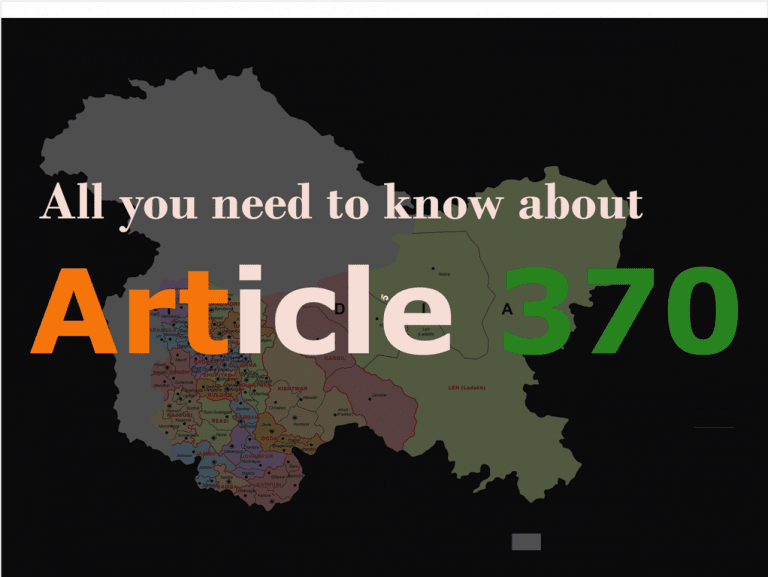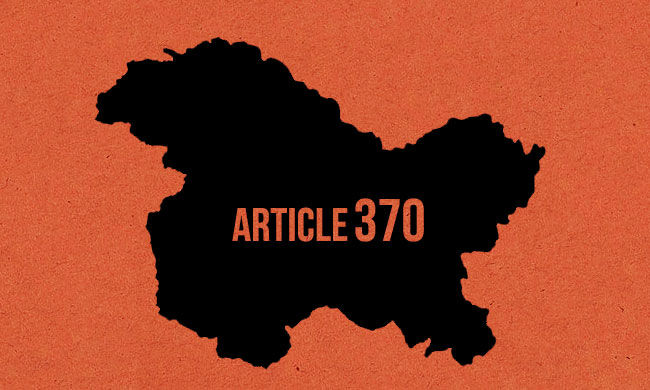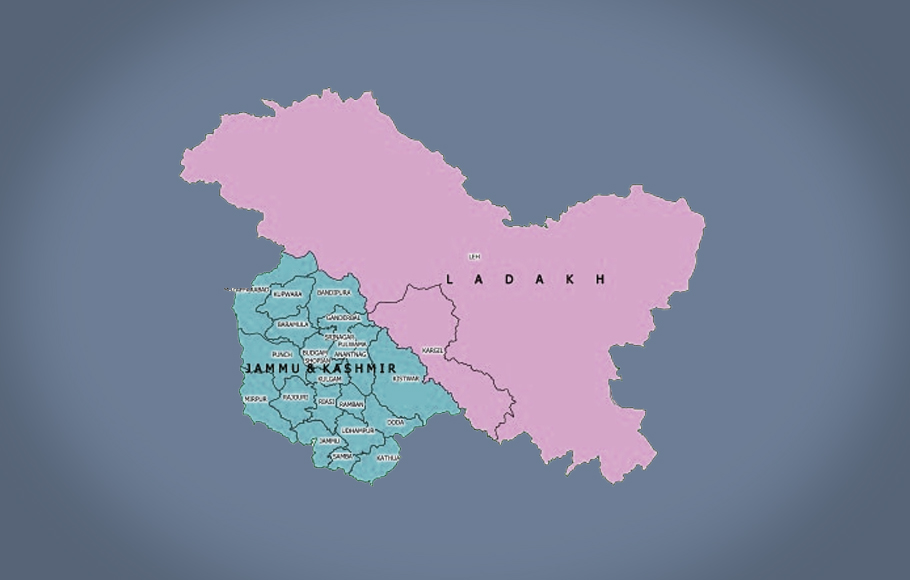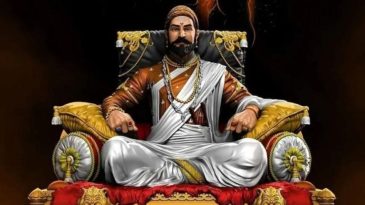- Wiki
- Updated on February 7, 2025
Understanding Article 370 : The Controversial Provision and 8 Interesting Facts

In recent years, Article 370 has become a recurring topic in Indian political discourse and mainstream media, often sparking intense debates. However, many people are still unclear about the specifics of Article 370, its provisions, and the impact it has had on the state of Jammu and Kashmir. To clear up the confusion, we have compiled a detailed explanation of Article 370 along with some fascinating facts about this controversial section of the Indian Constitution.
What is Article 370?

Article 370 of the Indian Constitution grants special status to the state of Jammu and Kashmir, providing it with autonomy in many areas. It was initially included in the Constitution as a temporary provision to address the unique circumstances surrounding Jammu and Kashmir’s accession to India in 1947. Over the years, Article 370 has been the subject of numerous debates due to its implications on the state’s governance and relationship with the rest of the country.
According to Article 370, Jammu and Kashmir was allowed to have its own constitution and laws, except in matters related to defense, foreign affairs, finance, and communications. This special provision gave the state considerable autonomy. Which has contributed to the complex political and legal landscape of Jammu and Kashmir.
Historical Context of Article 370
The roots of Article 370 go back to the time of Jammu and Kashmir’s accession to India after the partition in 1947. Initially, Maharaja Hari Singh, the ruler of Jammu and Kashmir, was uncertain about joining either India or Pakistan. However, following an invasion by tribal forces from Pakistan. He decided to accede to India under certain conditions, including the provision for special autonomy for his state.
Dr. B.R. Ambedkar, the principal architect of the Indian Constitution, was tasked with drafting the Constitution of India. However, he refused to draft Article 370, stating that the provision for Jammu and Kashmir was unnecessary and that the state should be fully integrated into India. Instead, Prime Minister Jawaharlal Nehru and Sheikh Abdullah, a prominent leader from Jammu and Kashmir, worked together to create the provision. Which was eventually drafted by Gopalaswami Ayyangar, a key figure in Indian politics at the time.
8 Interesting Facts About Article 370 and Jammu & Kashmir
While Article 370 remains controversial, there are several lesser-known facts about it and Jammu and Kashmir that shed light on its significance.

1. Article 370 Grants Autonomy to Jammu & Kashmir
Article 370 gave Jammu and Kashmir its own constitution and autonomy in matters other than defense, foreign affairs, finance, and communication. This unique provision set Jammu and Kashmir apart from other Indian states, allowing it to maintain a level of independence in its internal affairs.
2. Dr. B.R. Ambedkar Refused to Draft Article 370
Though Dr. B.R. Ambedkar played a significant role in drafting the Indian Constitution. He refused to be involved in the drafting of Article 370. Ambedkar felt that the provision was unnecessary and that the state of Jammu and Kashmir should be fully integrated into India. It was Gopalaswami Ayyangar who ultimately took on the task of drafting this provision.
3. Jammu & Kashmir’s Legislature Term Is Six Years
Unlike other states in India, which have a five-year term for their legislative assemblies. Jammu and Kashmir’s legislative assembly operates on a six-year term. This provision reflects the state’s unique political and administrative structure under Article 370.
4. Jammu & Kashmir Has Its Own State Flag
Jammu and Kashmir is one of the few states in India that has its own state flag. The state flag is distinct from the national flag and has been a symbol of the state’s special status under Article 370.
5. Property Ownership in Jammu & Kashmir
One of the most significant provisions of Article 370 is the restriction on property ownership in Jammu and Kashmir. Citizens from other states in India are prohibited from purchasing property in Jammu and Kashmir. This law was designed to preserve the demographic makeup of the state and protect the rights of its residents.
6. Dual Citizenship for Jammu & Kashmir Residents
Another unique aspect of Jammu and Kashmir under Article 370 is the provision of dual citizenship for residents of the state. While they hold Indian citizenship, they also enjoy special rights and privileges granted by the state’s constitution. However, this dual citizenship is revoked if a resident marries someone from outside the state.
7. Jammu & Kashmir Has its Own Constitution
Jammu and Kashmir is the only state in India that has its own constitution. The state constitution came into effect in 1957 and outlines the rights and privileges of its residents, along with specific rules regarding governance, property rights, and laws. The Constitution of Jammu and Kashmir operates alongside the Indian Constitution,.With providing the legal framework for its existence.
8. Jammu & Kashmir Does Not Fall Under the Jurisdiction of the Supreme Court of India
Unlike other states in India, Jammu and Kashmir is not fully subject to the jurisdiction of the Supreme Court of India. The state has its own judiciary and legal framework, and many laws passed by the Indian Parliament do not automatically apply to Jammu and Kashmir. This separation has contributed to the state’s unique legal status within India.
Read Also : The Indian Culture And Traditions – About India
Conclusion
Article 370 has played a significant role in shaping the relationship between Jammu and Kashmir and the rest of India. While it has provided the state with a degree of autonomy. It has also been the subject of controversy and debate over the years. Understanding the history, significance, and facts about Article 370 can help clear the confusion surrounding this provision. Offering a more informed perspective on the issues that affect Jammu and Kashmir.
As the political discourse around continues to evolve. It is important for Indians to have a clear understanding of its provisions and impact on the nation. Whether you agree or disagree with the special status granted to Jammu and Kashmir. It’s crucial to recognize the complexity of this matter and the diverse opinions that exist surrounding it.
Join the discussion
Related Articles
No results available
ResetTrending Articles


- General
- Updated on February 10, 2026


- General
- Updated on February 7, 2026


- General
- Updated on February 5, 2026


- General
- Updated on February 2, 2026


- General
- Updated on January 29, 2026


- General
- Updated on January 24, 2026


- General
- Updated on January 28, 2026


- General
- Updated on January 28, 2026


- General
- Updated on January 21, 2026


- Health
- Updated on January 20, 2026
No results available
Reset


